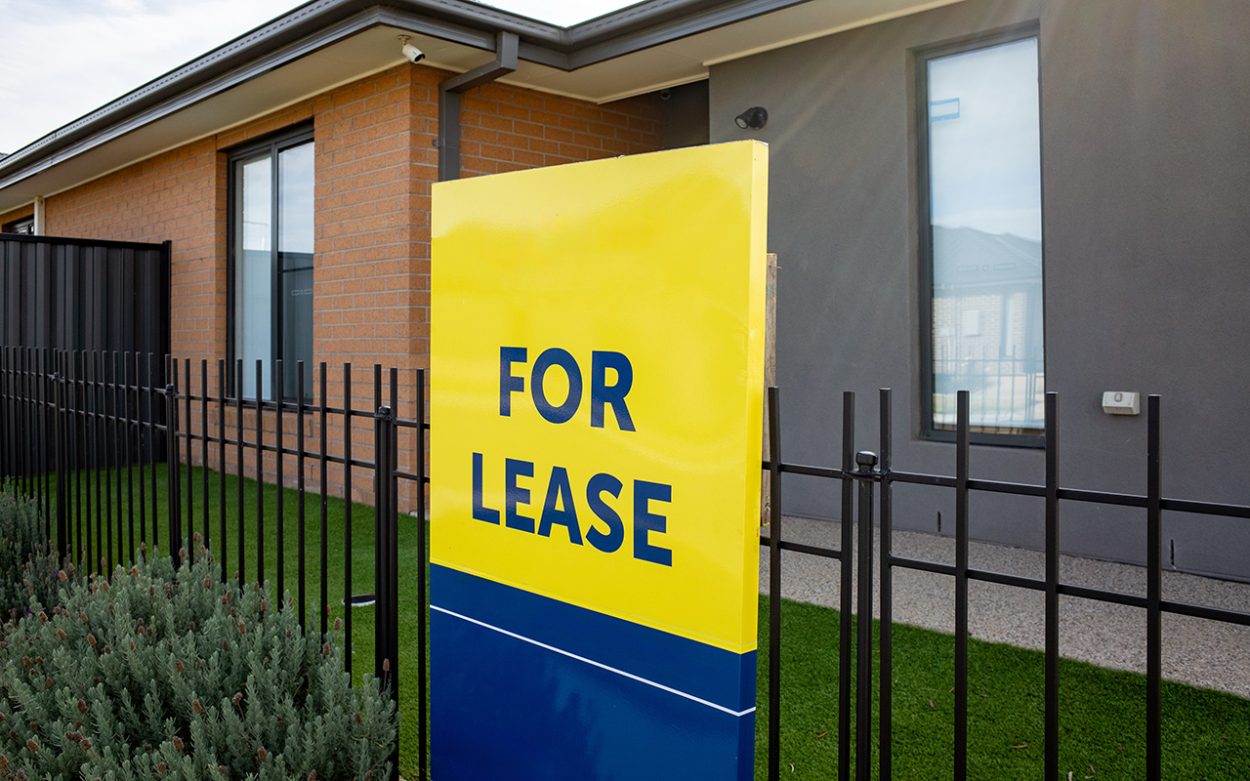By Beck Cridland*
RENTERS are being hit from all directions by the housing crisis, with no relief in sight. Rents are skyrocketing during a cost-of-living crisis and the number of properties available to rent are dwindling. Real estate agents on the Mornington Peninsula advertise that median rents have increased by up to 50 per cent in some suburbs. When I last checked, there were only ten properties available for rent under $450 per week. In Dromana, where median rent prices have increased by 50% in the last 5 years, the average price of a rental is $600 per week.
Approximately one third of Australians rent. Thirty per cent of household income appears to be the benchmark of what’s considered affordable for housing in Australia. Mortgage repayments don’t exceed this threshold. Rent on public and social housing is also capped at 30% of household income.
Using 30 per cent of household income as our benchmark, someone working in essential services can only afford 3 per cent of rental listings in Australia. As a result, the threshold of what’s considered ‘affordable’ rent has had to increase. This has left an increasing number of people with rental stress. The situation is so much worse for people on Centrelink payments. Often, their only option is to join the long waiting list for social or public housing. These waiting lists have increased during the cost-of-living crisis.
Renters are the first to become homeless when their circumstances change by a misfortune like job loss or ill health. A report from the Australian Housing and Urban Research Institute found between 1.5 million and 2 million Australian renters were potentially only one life shock away from homelessness. Young people, students and older women are the most vulnerable.
So, what can be done? Most agree we need urgent federal and state investment in both social and public housing. In addition, the Grattan Institute has called for a 40 per cent rise in Commonwealth Rent Assistance. They claim this would immediately reduce financial stress for many of Australia’s most vulnerable families. However, even with this increase, rentals would not be affordable for Centrelink recipients.
Other experts say “we should build more houses”. But new houses are expensive to rent. According to housing advocate, Jordan van den Lamb: “We don’t have a supply issue. We have a distribution issue.” He’s right. How many vacant houses are there in your neighbourhood at this time of year? It is upsetting to see so many empty houses when we are in the midst of a housing crisis. Why don’t the owners of these vacant houses offer them as rentals? There are over 4,000 Airbnb listings on the Mornington Peninsula. Imagine if half that number were available as full-time rentals.
I started searching for somewhere to live in March this year. At that time of the year, a lot of Airbnbs become available as a furnished 6-month rental. A six-month lease does not provide stability or a place to call home. Also, moving is very expensive, over $1,000 in my recent experience. Who can afford to move every 6 months? Making moving expenses tax deductible would help. Whether it’s moving from an Airbnb 6-month lease, or the end of a longer lease, it’s an expense that renters have to pay at a time when finances are already stretched.
Others have suggested a rent freeze and capping rent increases. Although both suggestions would be helpful for tenants, they would upset most multiple-home owning landlord. I don’t think that any politician or policy maker would be prepared to do that.
I suggest politicians look at tax reform for renters. Landlords get tax breaks on rental properties. It’s fair that renters do too. Renters who pay in excess of what is considered ‘affordable’ (30 per cent of household income) should be able to claim that amount as a tax deduction. My rent is 38 per cent of my household income. If 8 per cent was tax deductible, my housing cost would become more affordable. Landlords would not be disadvantaged.
The increasing cost of renting is showing no signs of slowing down. I can’t see how the ‘affordability’ threshold for rentals isn’t going to increase further. Tax deductions would give us renters a break.
*Beck Cridland is a renter living in Dromana.
First published in the Mornington News – 15 July 2025


